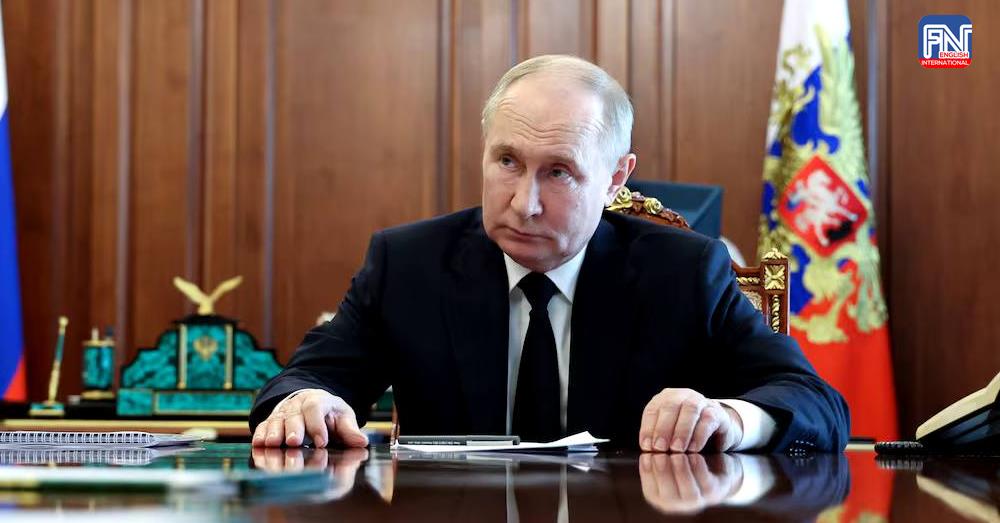MOSCOW, June 28 (Reuters) - President Vladimir Putin said on Friday that Russia should resume production of intermediate and shorter range nuclear-capable missiles and then consider where to deploy them after the United States brought similar missiles to Europe and Asia.
Putin's move finally kills off all that remains from one of the most significant arms controls treaties of the Cold War amid fears that the world's two biggest nuclear powers could be entering a new arms race together with China.
The Intermediate-range Nuclear Forces (INF) Treaty, signed by Mikhail Gorbachev and Ronald Reagan in 1987, marked the first time the superpowers had agreed to reduce their nuclear arsenals and eliminated a whole category of nuclear weapons.
The United States under former President Donald Trump formally withdrew from the INF Treaty in 2019 after saying that Moscow was violating the accord, an accusation the Kremlin repeatedly denied and dismissed as a pretext.
Russia then imposed a moratorium on its own development of missiles previously banned by the INF treaty - ground-based ballistic and cruise missiles with ranges of 500 km to 5,500 km.
Putin said Russia had pledged not to deploy such missiles but that the United States had resumed their production, brought them to Denmark for exercises and also taken them to the Philippines.
"We need to respond to this and make decisions about what we will have to do in this direction next," Putin was shown on state television telling Russia's Security Council.
"Apparently, we need to start manufacturing these strike systems and then, based on the actual situation, make decisions about where – if necessary to ensure our safety – to place them," he said.
